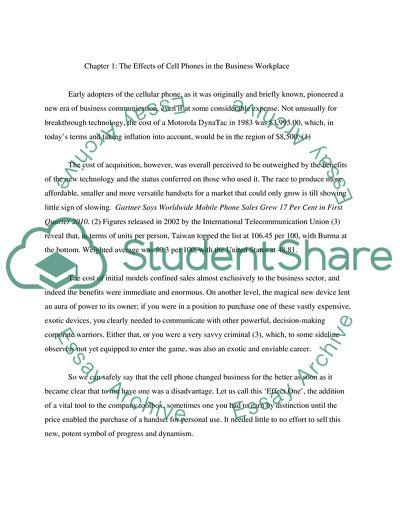Cite this document
(The Effects of Cell Phones in the Business Workplace Research Paper - 1, n.d.)
The Effects of Cell Phones in the Business Workplace Research Paper - 1. Retrieved from https://studentshare.org/technology/1577240-the-effects-of-cell-phones-in-the-busness-workplace
The Effects of Cell Phones in the Business Workplace Research Paper - 1. Retrieved from https://studentshare.org/technology/1577240-the-effects-of-cell-phones-in-the-busness-workplace
(The Effects of Cell Phones in the Business Workplace Research Paper - 1)
The Effects of Cell Phones in the Business Workplace Research Paper - 1. https://studentshare.org/technology/1577240-the-effects-of-cell-phones-in-the-busness-workplace.
The Effects of Cell Phones in the Business Workplace Research Paper - 1. https://studentshare.org/technology/1577240-the-effects-of-cell-phones-in-the-busness-workplace.
“The Effects of Cell Phones in the Business Workplace Research Paper - 1”. https://studentshare.org/technology/1577240-the-effects-of-cell-phones-in-the-busness-workplace.


